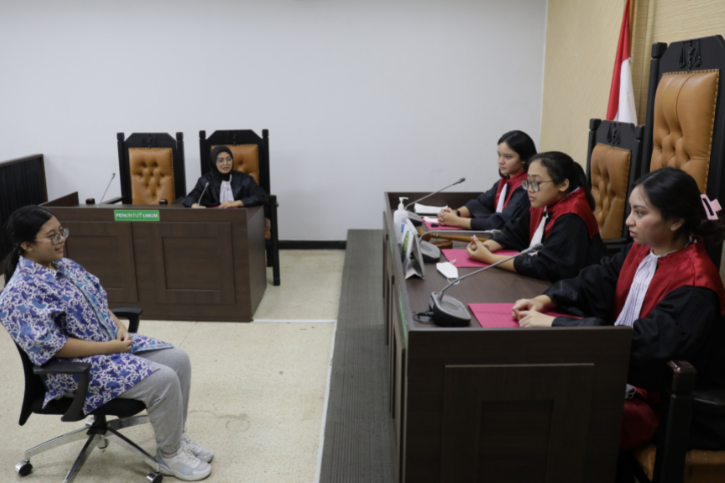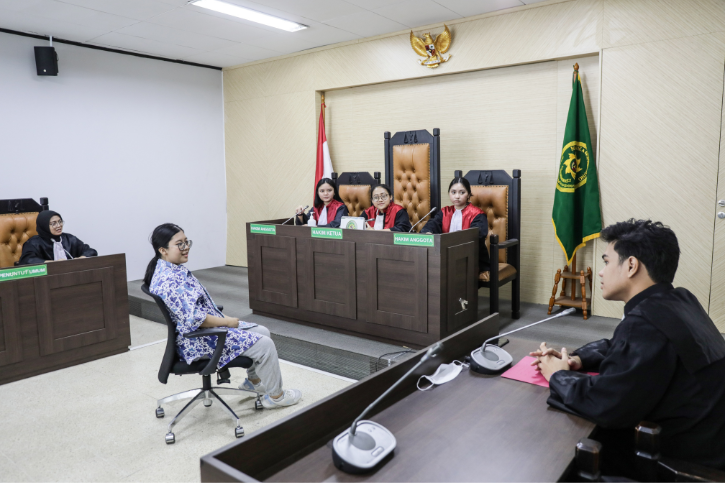ABOUT PARTICIPATION CREDIT UNIT (SKP)
The Participation Credit Unit (SKP) at the Faculty
of Law, Atma Jaya Catholic University of Indonesia (UNIKA ATMA JAYA) is a
system designed to recognize and assess student participation and contribution
in activities that support personality and ability development. This SKP
becomes an important part of the university curriculum and serves as
recognition of non-academic learning carried out by students. The following is
a further explanation of the meaning and benefits of SKP:
Definition of Participation Credit Unit (SKP)
- Recognition of Non-Academic Learning :
SKP is a unit or value given in recognition of non-academic activities
participated in by students. These activities usually include student
organizations, volunteer activities, seminars, workshops, and others that are
not directly related to the courses taken.
- Personality and Self-Ability Development : SKP is designed to
support the development of students' soft skills, such as leadership,
teamwork, communication, and organizational skills.
Participation Credit Unit (SKP) Benefits
- Encouraging Student Engagement : With
SKP, students are expected to be more active in participating in
non-academic activities. This helps students not only develop academically
but also personally and socially.
- Recognize and Reward Student
Contributions : Through SKP, students' contributions in non-academic
activities are formally recognized and become part of their academic
record.
- Soft Skills Development : Activities
recognized in SKP often require teamwork, time management, and communication
skills. It helps in the development of soft skills that are essential for
future professional success.
- Network and Collaboration : Involvement
in various activities allows students to meet and collaborate with people
from different backgrounds, building extensive professional and social
networks.
- Supporting Career Success: Many employers value involvement
in extracurricular activities as an indication of good character and
interpersonal skills. SKP assists students in showing their involvement
and achievements outside the classroom to potential employers.
Thus, SKP at the Faculty of Law of UNIKA ATMA JAYA
not only supports formal learning but also provides space for students to grow
and develop in other important aspects of their personal and professional
development. This demonstrates the university's commitment in forming graduates
who not only excel academically but are also competent and ready to face
challenges in the professional world.


 Prof. Dr. Natalia Yeti Puspita S.H., M.Hum.
Prof. Dr. Natalia Yeti Puspita S.H., M.Hum.



